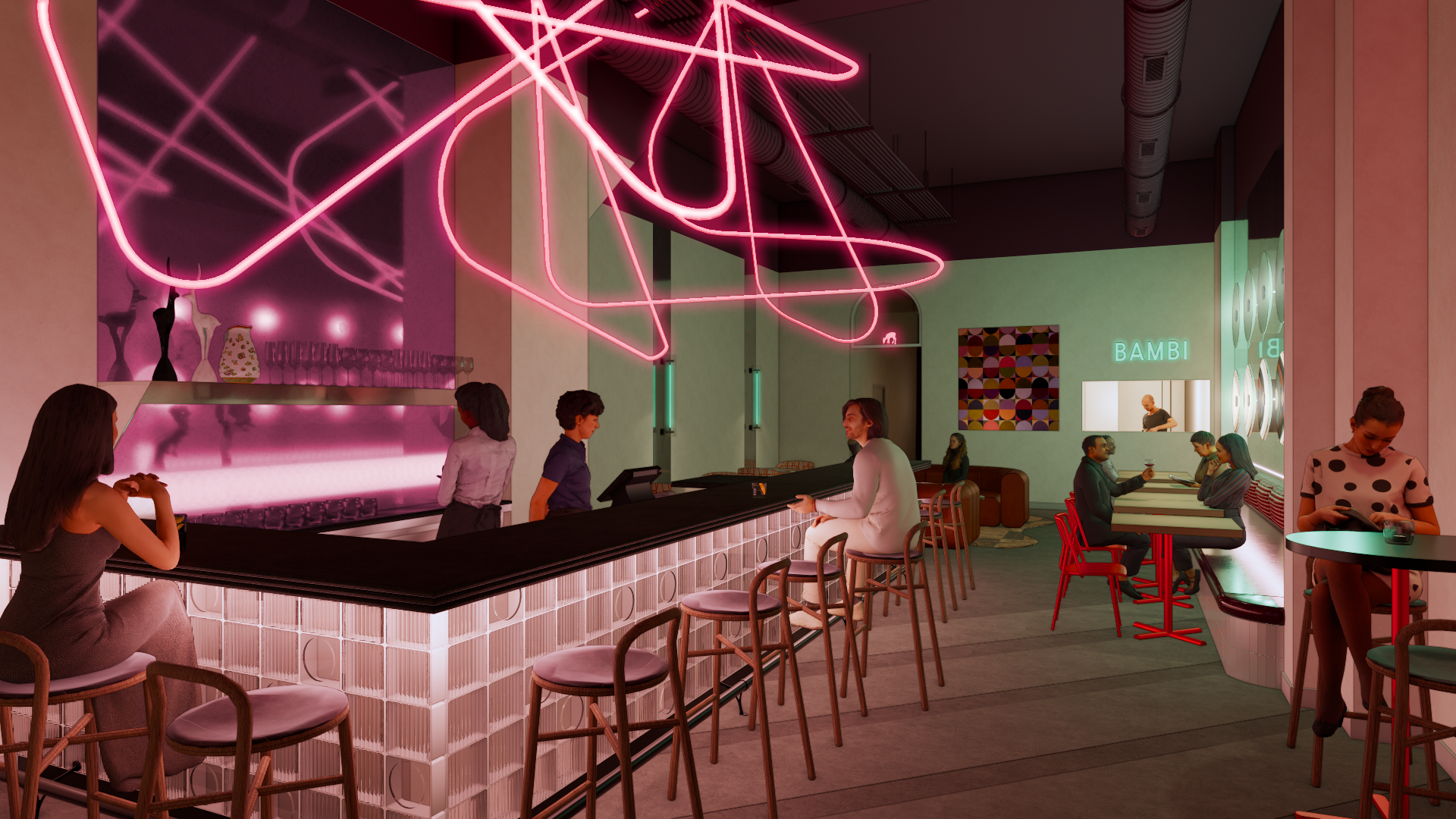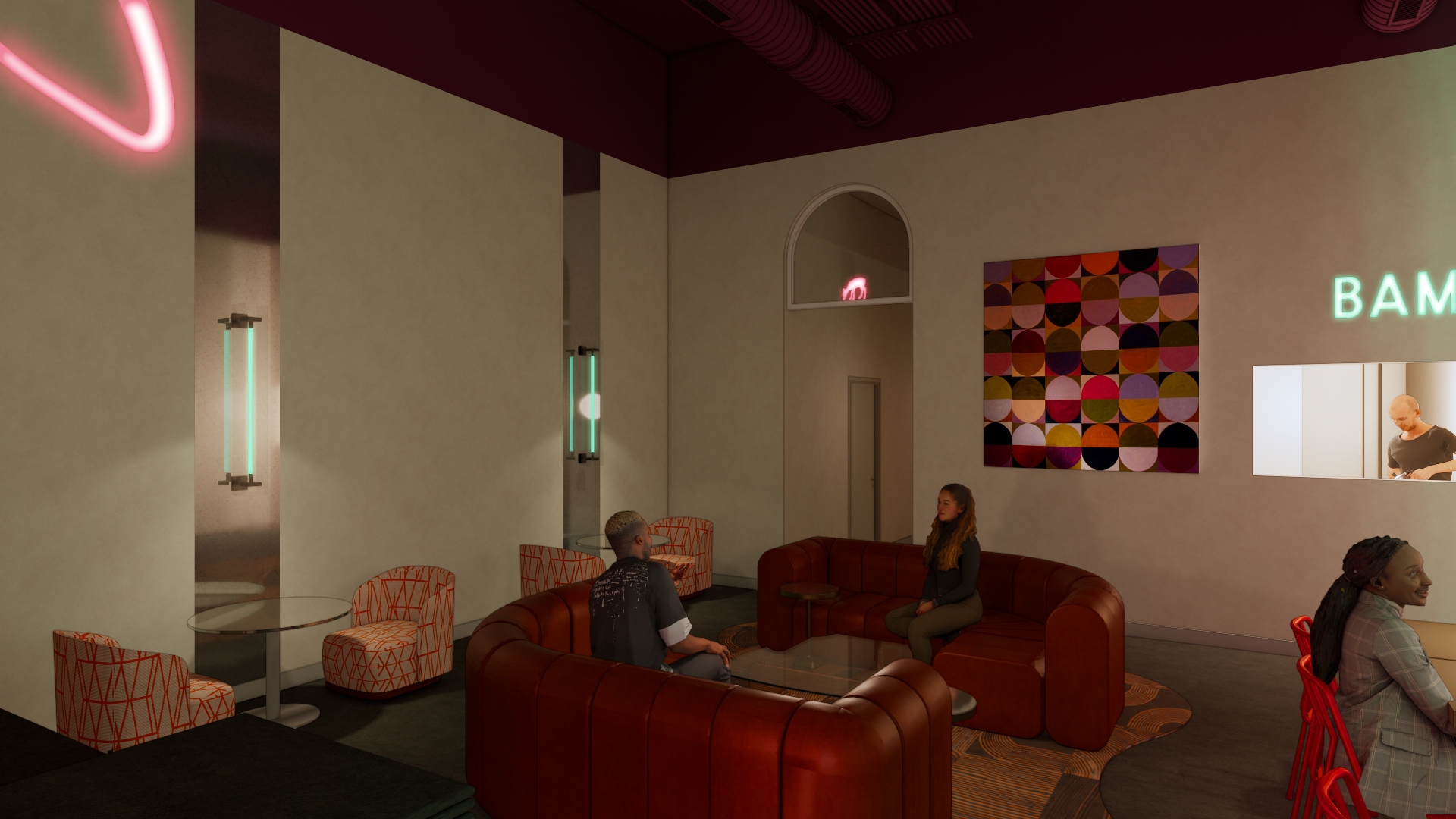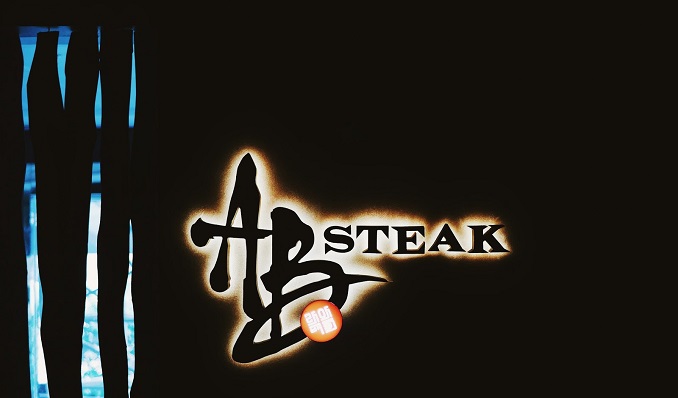
Chicago’s cocktail scene is about to experience a seismic shift with the highly anticipated debut of Bar Bambi, the first solo venture from acclaimed bartender Katie Renshaw. Set to open in late 2025 or early 2026 at 1703 W Chicago Ave in West Town, this dreamy cocktail destination promises to redefine what modern mixology looks like in the Windy City. For food and beverage industry professionals watching the evolution of craft cocktail culture, Bar Bambi represents something special: a perfect marriage of technical innovation, whimsical design, and genuine hospitality that could set new standards for the hospitality industry nationwide.
The Rise of Katie Renshaw: From Student to Industry Pioneer
Katie Renshaw’s journey through Chicago’s food and beverage landscape reads like a masterclass in dedication and innovation. With over a decade of experience shaping some of the city’s most celebrated bar programs, Renshaw has earned her stripes at legendary establishments including Moneygun, Billy Sunday, Etta, GreenRiver, The Aviary, and most recently, Hawksmoor Chicago.
Her accolades speak volumes about her expertise in the beverage industry: 2017 Speed Rack Midwest winner, 2018 Italicus Bar Artist of the Year, and the coveted 2019 U.S. World Class Bartender of the Year title. These achievements aren’t just trophies on a shelf: they represent a deep understanding of both the technical and creative aspects that drive successful food and beverage operations.
“I’ve been ridiculously lucky to learn from some of Chicago’s best, including some of the people who helped build our cocktail scene in the earlier days,” Renshaw explains. “Every one of them has influenced how I bartend and how I think about hospitality. Bar Bambi’s my first chance to take all of those lessons and make something that actually feels like me.”
This perspective is crucial for food and beverage managers and hospitality leaders to understand. Renshaw’s approach demonstrates how successful beverage programs are built on a foundation of continuous learning and mentorship: a model that food and beverage companies should embrace when developing their own talent.

Menu Innovation: Where Tradition Meets Modern Technique
Bar Bambi’s menu philosophy represents exactly the kind of menu innovation that’s driving food and beverage trends in 2025. Renshaw’s approach to cocktail creation involves “hybridizing known classics”: taking familiar cocktail structures and transforming them through modern techniques like molecular mixology, fermentation, clarification, and forced carbonation.
Consider their signature approach: a lengthened martini reimagined as a sparkling highball, or an old fashioned transformed into a clarified whiskey sour. These aren’t gimmicks: they’re thoughtful applications of advanced beverage technology that enhance flavor profiles while creating memorable guest experiences.
The menu structure itself offers valuable lessons for food and beverage directors:
- Classic cocktails with modern twists that maintain familiar appeal while showcasing innovation
- A comprehensive spirit-free cocktail program responding to growing demand for sophisticated non-alcoholic options
- Champagne and natural wine selections catering to diverse consumer preferences
- Rotating seasonal cocktails ensuring repeat visits and allowing for creative experimentation
- Curated bar snacks designed to complement the beverage program and increase check averages
For food service industry professionals, this approach demonstrates how beverage programs can drive profitability while maintaining creative integrity. The integration of high-end bar snacks also shows how successful food and beverage services create holistic experiences that maximize revenue per guest.
Design as Experience: Gensler’s Vision Comes to Life
The collaboration with global design firm Gensler has produced something truly special for the hospitality industry. Bar Bambi’s interior design philosophy centers on creating an “ethereal, otherworldly escape” that serves both aesthetic and operational purposes.

The design elements include:
- Dynamic lighting system: A fully adjustable statement light installation that can shift colors and tones throughout service, allowing the space to transform based on the time of day or energy of the crowd
- Industrial-meets-whimsical aesthetic: Grounding the ethereal elements with Chicago’s industrial heritage
- Mirrored back bar with neon accents: Creating visual depth and Instagram-worthy moments
- Floor-to-ceiling windows: Connecting the interior experience with the vibrant West Town streetscape
For restaurant and bar operators, this design approach offers several key insights. The adaptive lighting system isn’t just beautiful: it’s functional, allowing operators to create different atmospheres for happy hour, dinner service, or late-night crowds without major operational changes. This kind of hospitality technology represents the future of adaptable dining spaces.

West Town’s Culinary Renaissance
Bar Bambi’s location in West Town isn’t coincidental: it’s strategic. Positioned just doors away from Chef John Manion’s acclaimed Brasero, the bar contributes to what’s becoming one of Chicago’s most exciting hospitality neighborhoods. This clustering effect creates destination dining districts that benefit all operators through increased foot traffic and extended dwell times.
For food and beverage company executives and procurement directors, this trend toward neighborhood-based hospitality clusters represents important market intelligence. These areas often become testing grounds for new concepts and showcase emerging food and beverage trends before they spread to other markets.
The West Town location also demonstrates smart real estate strategy for hospitality businesses. By choosing an up-and-coming area with strong culinary anchors, Bar Bambi positions itself for both immediate success and long-term growth as the neighborhood continues to develop.
Industry Implications: What Bar Bambi Means for the Future
Bar Bambi’s approach offers several lessons for the broader food and beverage industry:
Technical Innovation as Differentiation: In an increasingly competitive market, bars and restaurants that master advanced techniques create sustainable competitive advantages. Renshaw’s use of clarification, fermentation, and forced carbonation isn’t just showmanship: it’s menu differentiation that justifies premium pricing.
The Importance of Narrative: Every element of Bar Bambi tells a story, from Renshaw’s journey through Chicago’s cocktail scene to the whimsical design elements. For food and beverage marketing professionals, this demonstrates how successful brands create emotional connections beyond just product quality.
Sustainability Without Compromise: While not explicitly mentioned, Renshaw’s background and the natural wine program suggest an approach to sustainability that doesn’t sacrifice quality or experience. This reflects broader food and beverage sustainability trends that smart operators are embracing.
Staff Development as Succession Planning: Renshaw’s emphasis on passing knowledge to the next generation of bartenders shows how successful operators think about talent development. For hospitality managers, this approach ensures program continuity and creates pipeline talent for expansion.
The Road to Opening: What to Watch
As Bar Bambi prepares for its late 2025/early 2026 debut, food and beverage industry professionals should pay attention to several key elements:
- Pre-opening marketing strategy: How the team builds anticipation through social media and industry connections
- Staff training and development: The systems Renshaw implements to maintain quality and consistency
- Supplier relationships: How a high-end cocktail program manages ingredient sourcing and quality control
- Integration with the neighborhood: How Bar Bambi contributes to West Town’s growing reputation as a dining destination
The bar’s success will likely influence cocktail trends across the food service industry, making it worth monitoring for procurement directors, beverage managers, and hospitality executives looking to stay ahead of emerging trends.
Bar Bambi represents more than just another Chicago bar opening: it’s a case study in how technical expertise, creative vision, and strategic positioning can create something truly special in the competitive hospitality industry. For food and beverage professionals, it offers lessons in innovation, brand building, and the importance of authentic hospitality that transcends trends.
As Renshaw prepares to welcome her first guests, the food and beverage industry will be watching to see how her vision translates into operational success. Follow @bambi_chicago for updates on opening events and menu previews.
Written by Michael Politz, Author of Guide to Restaurant Success: The Proven Process for Starting Any Restaurant Business From Scratch to Success (ISBN: 978-1-119-66896-1), Founder of Food & Beverage Magazine, the leading online magazine and resource in the industry. Designer of the Bluetooth logo and recognized in Entrepreneur Magazine’s “Top 40 Under 40” for founding American Wholesale Floral. Politz is also the founder of the Proof Awards and the CPG Awards and a partner in numerous consumer brands across the food and beverage sector.







